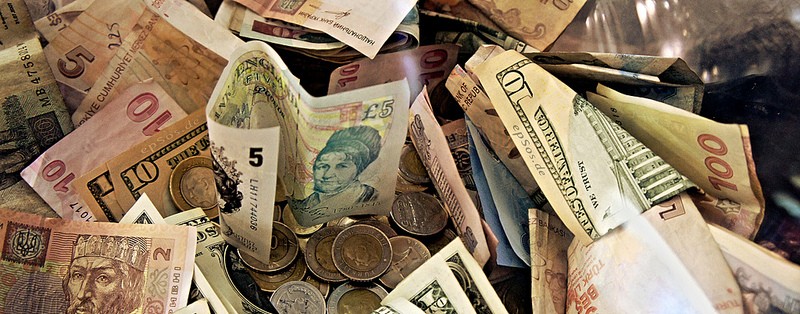The time to announce the recipient of this year’s “Globie” is finally here. Each year I choose a book as the Globalization Book of the Year. The prize is—alas—strictly honorific and does not come with a monetary reward. But it gives me a chance to draw attention to a book that is particularly insightful about some aspect of globalization. Previous winners are listed at the bottom.
This year’s winner is Branko Milanovic’s Capitalism, Alone: The Future of the System That Rules the World. (This is the second Globie for Milanovic, who won it in 2016 for Global Inequality.) The book is based on the premise that capitalism has become the universal form of economic organization. This type of system is characterized by “production organized for profit using legally free wage labor and mostly privately owned capital, with decentralized coordination.” However, there exist two different types of capitalism: the liberal meritocratic form that developed in the West, and state-led political capitalism, which exists primarily in Asia but also parts of Europe and Africa.
The two models are competitors, in part because of their adoption in different parts of the world and also because they arose in different circumstances. The liberal meritocratic system arose from the class capitalism of the late 19th century, which in turn evolved out of feudalism. Communism, Milanovic writes, took the place of bourgeoise development. Communist parties in countries such as China and Vietnam overthrew the domestic landlord class as well as foreign domination. These countries now seek to re-establish their place in the global distribution of economic power.
Milanovic highlights one characteristic that the two forms of capitalism share: inequality. Inequality in today’s liberal meritocratic capitalism differs from that of classical capitalism in several features. Capital-rich individuals are also labor-rich, which reinforces the inequality. Assortative mating leads to more marriages within income classes. The upper classes use their money to control the political process to maintain their position of privilege.
Because of limited data on income distribution in many of the countries with political capitalism, Milanovic focuses on inequality in China. He attributes its rise to the gap between growth in the urban areas versus the rural, as well the difference in growth between the maritime provinces and those in the western portion of the country. There is also a rising share of income from capital , as well as a high concentration of capital income. In addition, corruption has become systemic, as it was before the communist revolution.
The mobility of labor and capital allows capitalism to operate on a global basis. Migrants from developing economies benefit when they move to advanced economies. But residents in those countries often fear migration because of its potentially disruptive effect on cultural norms, despite the positive spillover effects on the domestic economy. Milanovic proposes granting migrants limited rights, such as a finite term of stay, in order to facilitate their acceptance. He points out, however, the potential downside of the creation of an underclass.
Multinational firms have organized global supply chains that give the parent units in their home countries the ability to coordinate production in different subsidiary units and their suppliers in their host nations. Consequently, the governments of home countries seek to limit the transfer of technology to the periphery nations to avoid losing innovation rents. The host countries, on the other hand, hope to use technology to jump ahead in the development process.
The Trump administration clearly shares these concerns about the impact of globalization. President Trump has urged multinational firms to relocate production facilities within the U.S. Government officials are planning to limit the export of certain technologies while carefully scrutinizing foreign acquisitions of domestic firms in tech-related areas. New restrictions on legal immigration have been enacted that would give priority to a merit-based system. Moreover, the concerns over migration are not unique to the U.S.
Milanovic ends with some provocative thoughts about the future of capitalism. One path would be to a “people’s capitalism,” in which everyone has an approximately equal share of both capital and labor income. This would require tax advantages for the middle class combined with increased taxes on the rich, improvements in the quality of public education, and public funding of political campaigns. But it is also feasible that there will be a move of liberal capitalism toward a form of political capitalism based on the rise of the new elite, who wish to retain their position within society.
Milanovic’s book offers a wide-ranging review of many of the features of contemporary capitalism. He is particularly insightful about the role of corruption in both liberal and political capitalism. Whether or not it is feasible to reform capitalism in order to serve a wider range of interests is one of the most important issues of our time.
2018 Adam Tooze, Crashed: How a Decade of Financial Crises Changed the World
2017 Stephen D. King, Grave New World: The End of Globalization, the Return of History
2016 Branko Milanovic, Global Inequality
2015 Benjamin J. Cohen. Currency Power: Understanding Monetary Rivalry
